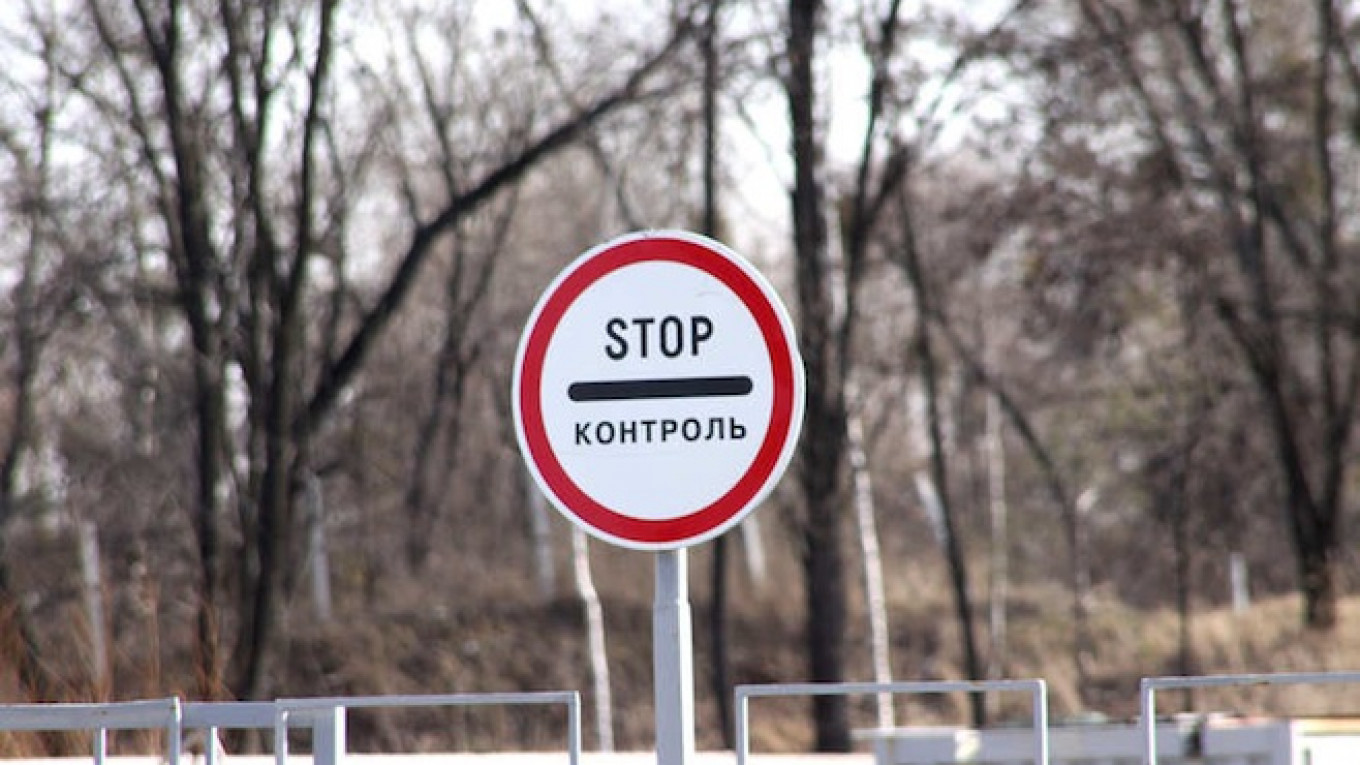Russia's Rosneft and Gazprom Neft have warned the Russian government that a new bill tightening currency control will have negative effects on the oil industry, the RBC news website reported Thursday.
State Duma lawmakers passed the first reading of the bill in January. The bill proposes amendments to the law on currency regulation and control of Russian loans to foreign entities.
The changes would require Russian individuals and businesses to return the entirety of the loan sum to Russia by whatever date the Central Bank specifies for return.
If Russian companies fail to return the loan on time, they can be fined 1/150 of the refinancing rate per day of delay, and fined from 75-100 percent of the loan total for non-payment on the whole.
The oil companies claim that the timetable for return of a loan is impossible to determine, and is always changing based on difficulties in implementing projects.
If a foreign company knows it will only have a certain time to return a Russian loan, that could be a huge deterrent against wanting to do business with Russian companies, they claim.
The increased risk of administrative fines combined with the loss of foreign business would be enough to have a serious negative impact on the Russian oil industry.
In mid-May, the Duma decided to defer consideration of the bill, and the second and third readings will not be accepted until the fall, according to one of the authors of the bill, Anatoly Aksakov, RBC reported. The delay stemmed from disagreements between the government and the Central Bank on the bill, but Aksakov did not clarify.
The price of oil remains the key driving factor behind the performance of Russia's economy, despite insistence from figures in the government to shift away from oil dependence.
Although the Central Bank lowered the key interest rate this month because of perceived resistance to fluctuation in oil prices, Russian real income still dropped 11.5 percent in May, with weak oil prices a contributing factor.
A Message from The Moscow Times:
Dear readers,
We are facing unprecedented challenges. Russia's Prosecutor General's Office has designated The Moscow Times as an "undesirable" organization, criminalizing our work and putting our staff at risk of prosecution. This follows our earlier unjust labeling as a "foreign agent."
These actions are direct attempts to silence independent journalism in Russia. The authorities claim our work "discredits the decisions of the Russian leadership." We see things differently: we strive to provide accurate, unbiased reporting on Russia.
We, the journalists of The Moscow Times, refuse to be silenced. But to continue our work, we need your help.
Your support, no matter how small, makes a world of difference. If you can, please support us monthly starting from just $2. It's quick to set up, and every contribution makes a significant impact.
By supporting The Moscow Times, you're defending open, independent journalism in the face of repression. Thank you for standing with us.
Remind me later.






